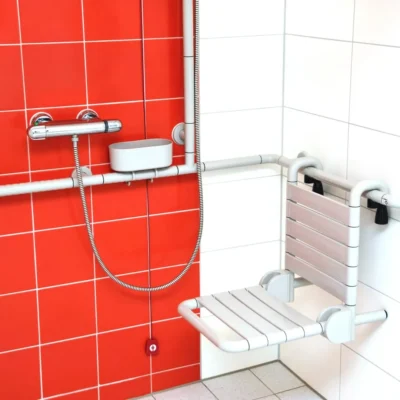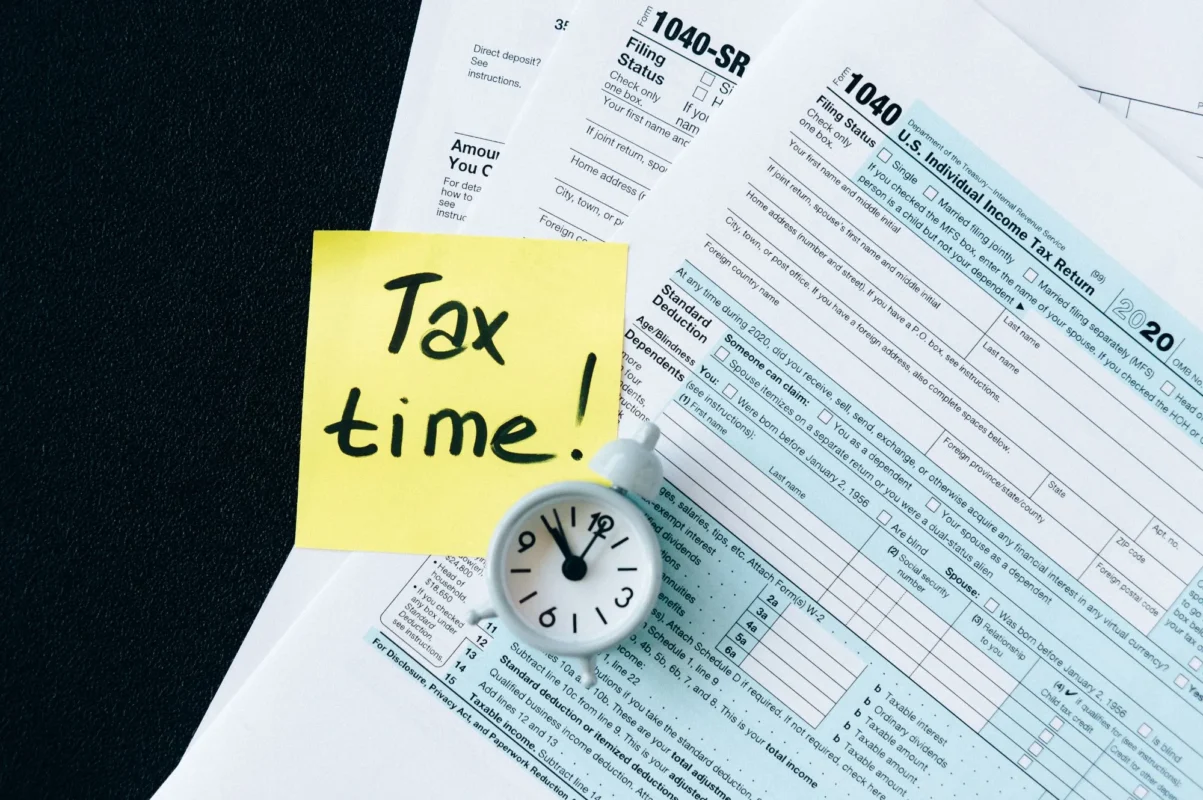The start of the 2024 tax season is just around the corner, and you are most likely already preparing—gathering all your records, taking inventory of all your filing needs, and looking for any deductions or benefits you might be entitled to. If you or a loved one have a disability, you may be wondering what benefits you could claim that are specific to your disability or treatment. You may know of one or two, but are you actually claiming everything you are qualified for? To help you learn more about the different options you should consider this upcoming tax season, take a look at some of the possible tax deductions and credits individuals with disabilities can claim—
Medical Expense Deductions
Having a disability can require you to need frequent medical care. If you had a number of medical expenses this past year, whether they be related to your disability or not, you may be qualified for medical expense deductions. These deductions include expenses like in-patient hospital care, doctor fees, disability aids such as wheelchairs or service animals, insurance premiums for medical care, and much more. For a full list of inclusions, visit the IRS page on medical expense deductions.
Elderly and Disabled Tax Benefit
Are you elderly and/or have a disability? Retired or on permanent/total disability? Did you receive taxable disability benefits during the past tax year? Good news, you may qualify for an elderly and disabled tax benefit. This benefit will reduce your taxable income, both easing your financial responsibility and letting you save more for future expenses and care. To see if you qualify and to see income breakdowns of this benefit, visit the IRS site on credit for the elderly or the disabled.
Home Accessibility Improvements Deductions
If you have had to renovate your home in order to better suit your needs as an individual with disabilities, you may qualify for a particular kind of medical expense deduction, which is specific to home accessibility improvements. When reporting 
your eligible medical expenses, record your accessibility improvements that were necessary for your wellbeing. These can be anything from modified staircases and widened doorways to appliance fixtures and knobs.
Earned Income Tax Credit (EITC)
For some with disabilities, it can be difficult to have a full-time job, and as such even more difficult to manage paying their taxes in full. If you have a disability and your earned income, whether from certain disability payments or work, falls under a particular limitation, you may qualify for an earned income tax credit. It is important, however, to understand which of your disability payments count as earned income or not in order to apply for this credit. For more information on this credit and how individuals with disabilities can access it, see the IRS page on EITC and Disability.
Knowing what you or a loved one qualifies for will help you ace this tax season and make sure you receive all of the deductions and benefits you are entitled to. When it comes to finances, knowledge is power, and this is why Delta Center offers extensive financial resources for individuals with disabilities and their families. We are here to help you live well and prosper, whether it be through financial resources or anything else you need. For more information on our available financial and other resources, visit our resources page here.
[/section]
